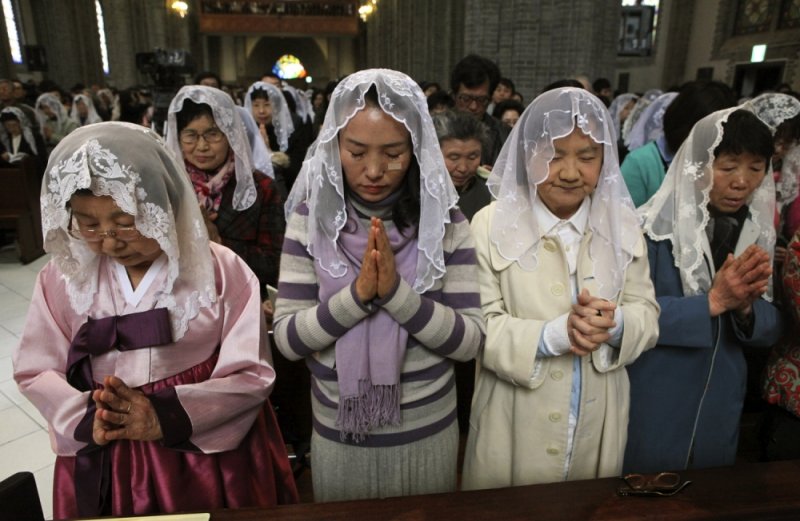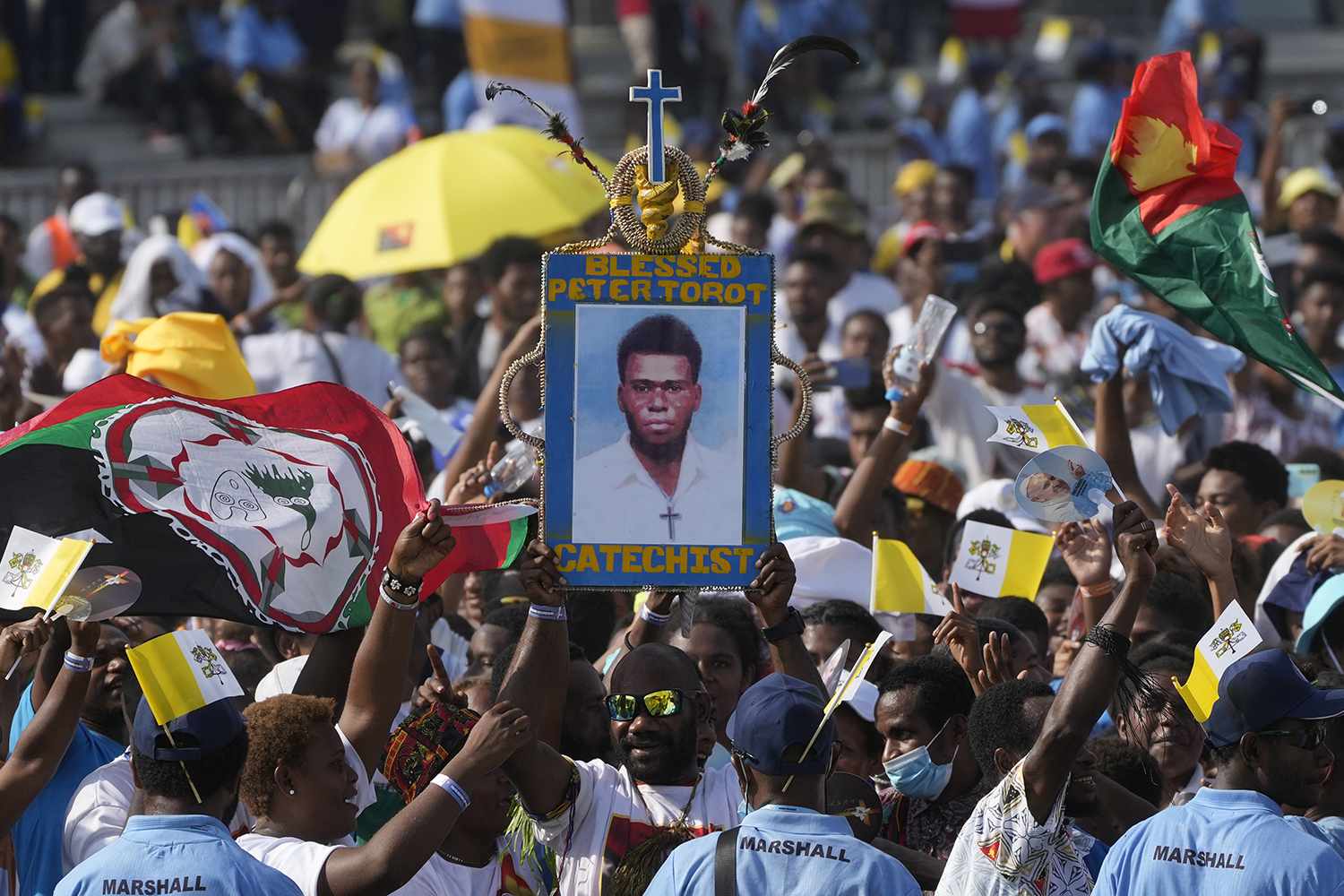The mediating role of the Catholic Church
Joaquim Magalhães de Castro
Peter Soon-Taick Chung, Archbishop of Seoul and Apostolic Administrator of Pyongyang, in a homily celebrated in the cathedral of the South Korean capital, on June 25th, on the occasion of the 73rd anniversary of the beginning of the Korean War (1950-1953), launched the following appeal: “The path of forgiveness is urgent!” Then exhorting the faithful to pray together so that “South Korea and North Korea courageously travel the path of reconciliation and forgiveness, even if it is a process long and difficult.” This time of prayer and reflection now proposed will last until July 27th, the 70th anniversary of the armistice that ended the bloody armed confrontation on the Korean peninsula.
Monsignor Chung recalled the words of Saint John Paul II: “Giving and receiving forgiveness is a condition for a firm and lasting path of peace” (Message for the XXX World Day of Peace 1997, themed ‘Offer forgiveness, receive peace’, certainly inspired by the passage in the Gospel of Matthew (Mt 18, 21-35) in which Jesus invites us to “forgive seventy times seven”.
Committed to the reconciliation and unity of the Korean people, the local Catholic Church has been celebrating this Mass, which has had the theme of ‘Eucharist for unity’, since 1965 and always on June 25th. Today, more than ever such a ceremony is needed as international political circumstances surrounding the Korean issue have gradually deteriorated.
Monsignor Chung took the opportunity to criticize the “culture of hate” and those who exclude people with different understandings of the majority thinking. “The time has come for both parties to overcome 70 years of conflict and seek authentic coexistence,” he said in remarks to the Agenzia Fides. He also appealed to everyone to remember “our brothers and sisters in the North” who suffer from shortages of food and medicine, asking them not to “get tired of praying for true peace on the Korean peninsula.”
This year’s Mass, which brought together 900 faithful and numerous priests and nuns, was organized by the ‘National Reconciliation Committee’ of the Archdiocese of Seoul, created in 1995 and responsible for the ‘Peace Sharing Research Institute’, an organization that carries out research and projects educational projects that convey the Catholic Church’s view of the North Korean issue.
Among the initiatives promoted by the Committee are: the prayer movement for peace on the Korean peninsula (which involves all believers in a brief daily invocation to prayer); humanitarian aid to North Korea; support for North Korean refugees fleeing south; and the promotion of meetings, seminars, cultural events and public demonstrations with a view to “the dissemination of a culture of peace and reconciliation in bilateral and international relations.”
Since the mid-1990s, as a result of the great famine in North Korea, Kathi Zellweger, a Swiss citizen, began to take an interest in that country. At the time the director of international cooperation programs for Caritas in Hong Kong, Kathi Zellweger immediately channeled humanitarian aid to the local population with Caritas in the then British colony becoming the unifying link of the “global Catholic community for North Korea.” In this context, Mrs. Zellweger would carry out, until 2006, more than 50 humanitarian missions beyond the “bamboo curtain,” thus obtaining the title of “foreigner who most often visited Pyongyang.”
Since 1995, Caritas, one of the first international organizations to implement projects beyond the 38th Parallel, has been identifying specific areas in which to intervene, and over a decade has provided more than 27 million dollars in aid, always seeking to serve as a “bridge between North and South Korea” by promoting meetings between Caritas representatives from these countries.
Kathi Zellweger has always fought for humanitarian action not to be politicized, stressing that “Caritas is only concerned with the fate of the population” and humanitarian aid should never be used as a “negotiation weapon.” The beneficiaries of the aid are the most vulnerable groups, in particular children, women and the elderly, who are guaranteed basic food and health care.
This story of cooperation and “dialogue of life” underwent a transformation when, in 2006, Caritas Seoul took full responsibility for cooperation projects in North Korea. Thus, from 2007, the management of humanitarian aid would be entrusted to Augustine Koo, a Korean lay Catholic who replaced Kathi Zellweger at a time when there were signs of openness to “controlled religious activity.” In the absence of Catholic priests in North Korea, in the only existing Christian church in Pyongyang, Mass was periodically celebrated by a South Korean priest, authorized to reside in Pyongyang. The Catholic Church in North Korea maintains a community of various hundreds of worshipers, who practice under the supervision of the state-established Korean Catholic Association (KCA) rather than the Roman Catholic hierarchy.


 Follow
Follow


